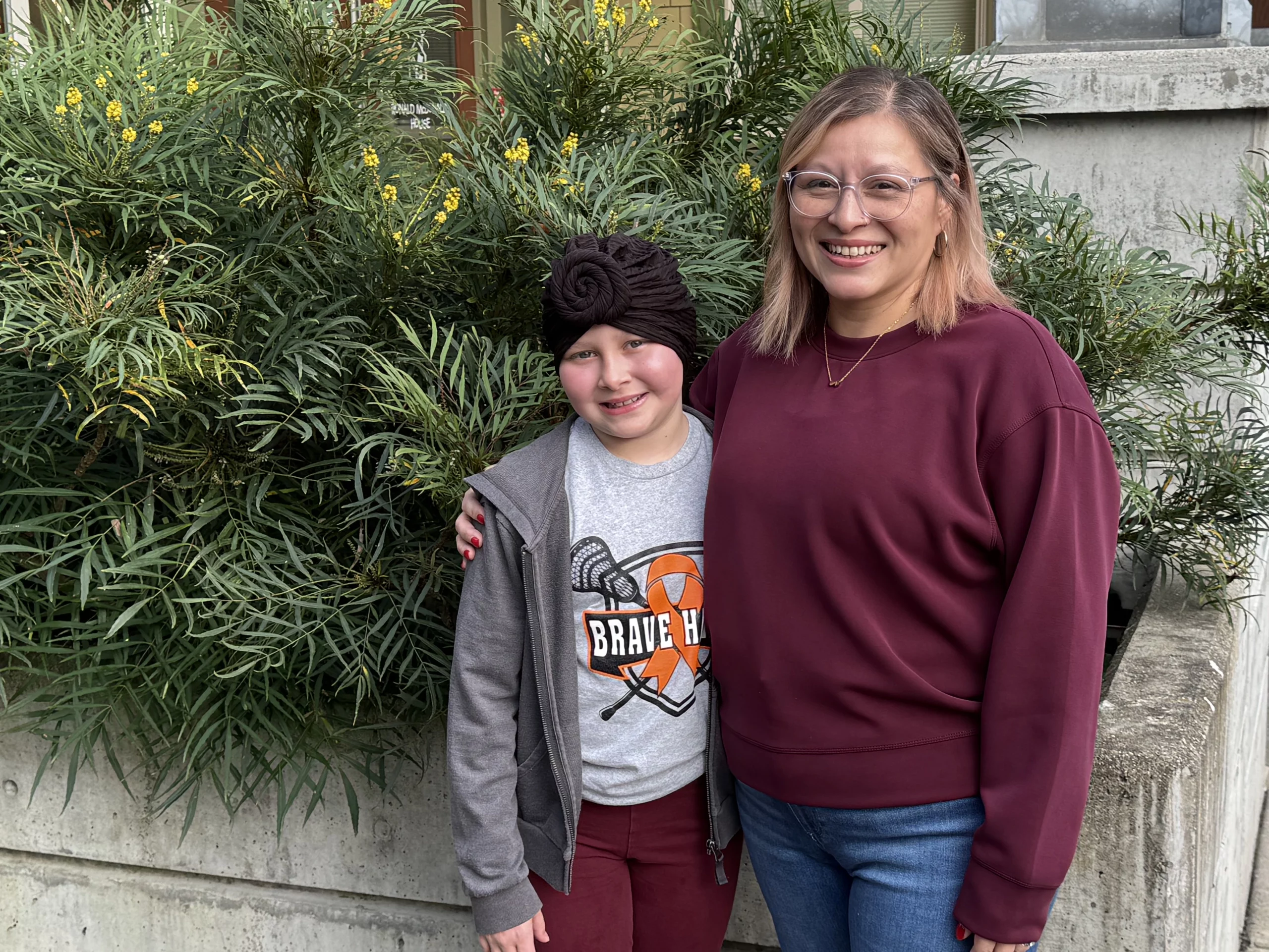The FBI is investigating Wednesday’s attack at Annunciation Catholic Church in Minneapolis as a hate crime and an act of domestic terrorism, officials said after the shooting, which left two children dead. This horrific incident has sent shockwaves through the community and the nation, raising questions about safety, security, and the escalating threat of targeted violence. The details emerging from the investigation paint a grim picture of a premeditated attack fueled by hate and executed with chilling precision.
A shooter, identified as 23-year-old Robin Westman, opened fire through the windows of the church, hitting children and worshippers attending Mass inside. Two children, ages 8 and 10, were fatally shot. Fifteen children, ages 6 to 15, and three parishioners in their 80s were wounded by gunfire. On Thursday, city officials identified another shooting victim, bringing the total number of those injured to 18. The sheer number of victims, particularly the young children, underscores the devastating impact of this tragedy. The scene inside the church must have been one of unimaginable chaos and terror, leaving an indelible scar on the survivors and the community as a whole.
Authorities said the shooter used a rifle, a shotgun, and a pistol to open fire into the pews. Westman, who died of a self-inflicted gunshot wound, purchased the weapons used in Wednesday’s shooting legally, authorities said. The fact that the shooter was able to legally acquire such a deadly arsenal raises serious questions about existing gun control laws and the need for stricter regulations to prevent future tragedies. The debate over gun control is sure to intensify in the wake of this shooting, with advocates on both sides of the issue calling for action.
One of the two children killed in the attack was identified as 8-year-old Fletcher Markel by his father during a press conference outside the church on Thursday afternoon. 10-year-old Harper Moyski was identified by her family as the second victim a few hours later. The grief and anguish of the families of Fletcher and Harper are unimaginable. The loss of a child is a pain that no parent should ever have to endure, and the circumstances surrounding their deaths make the tragedy even more heartbreaking. The community is rallying around the families, offering support and condolences during this incredibly difficult time.
The FBI is now investigating the shooting as a hate crime and an act of domestic terrorism targeting Catholics. Police said that Westman created a manifesto with disturbing writings and timed it to appear on Wednesday on YouTube, but noted they hadn’t yet found a motive or relationship between the shooter and the church. The existence of a manifesto suggests that the shooting was not a random act of violence but rather a carefully planned attack motivated by hate and extremist ideology. The contents of the manifesto are likely to provide valuable insights into the shooter’s mindset and motivations, helping investigators understand the factors that led to this horrific event. The timing of the manifesto’s release, coinciding with the shooting, further underscores the premeditated nature of the attack.

"The sheer cruelty and cowardice of firing into a church full of children is absolutely incomprehensible," O’Hara said Wednesday, calling the attack a "deliberate act of violence against innocent children and other people worshipping." O’Hara’s words capture the sentiments of a community struggling to make sense of this senseless act of violence. The attack on a place of worship, a sanctuary for peace and reflection, is particularly disturbing and represents a profound violation of the values that society holds dear. The targeting of children, the most vulnerable members of the community, is an act of unspeakable cruelty that has shocked and outraged people across the nation.
The investigation into the Minneapolis shooting is ongoing, and authorities are working to piece together the events leading up to the tragedy and to determine the shooter’s motives. The FBI is examining the shooter’s background, online activity, and any potential connections to extremist groups. The investigation will also focus on identifying any potential warning signs that may have been missed and on assessing the effectiveness of security measures at the church.
This shooting serves as a stark reminder of the ever-present threat of gun violence in America and the need for comprehensive strategies to prevent future tragedies. It also highlights the growing problem of hate crimes and domestic terrorism, which pose a significant threat to the safety and security of communities across the country. Addressing these challenges will require a multi-faceted approach that includes stricter gun control laws, enhanced mental health services, and efforts to combat extremism and hate speech.
The community of Minneapolis is grappling with grief, anger, and fear in the wake of this tragedy. The shooting has shaken the sense of safety and security that people once took for granted and has left many wondering how such a horrific event could happen in their own backyard. The healing process will be long and difficult, but the community is determined to come together to support the victims and their families and to rebuild a sense of hope and resilience.
In the days and weeks ahead, it is important to remember the victims of this tragedy and to honor their memory by working to create a safer and more just world. This means advocating for policies that will reduce gun violence, combat hate crimes, and promote tolerance and understanding. It also means supporting organizations that provide assistance to victims of violence and that work to prevent future tragedies.
The Minneapolis shooting is a tragedy that will not soon be forgotten. It is a reminder of the fragility of life and the importance of working together to create a society where all people can live in peace and safety. The community must come together to heal, to learn, and to prevent such a tragedy from ever happening again. The memory of Fletcher Merkel and Harper Moyski, and the pain of their families, should serve as a constant call to action.